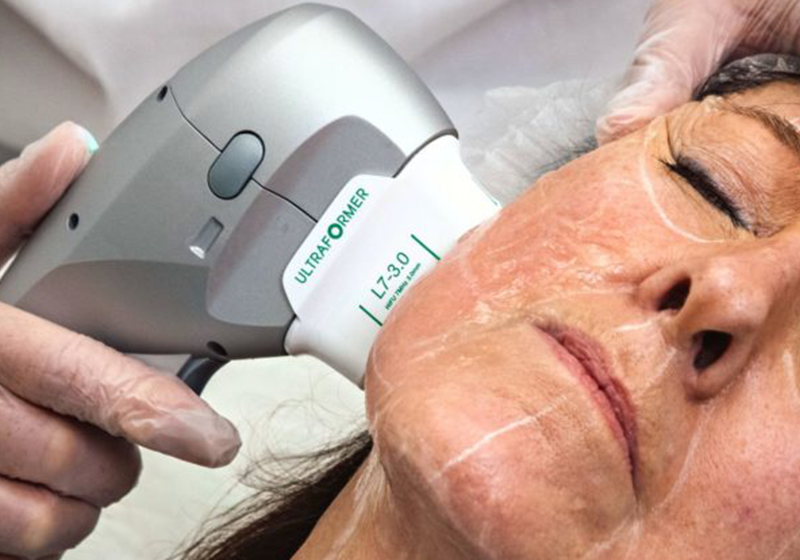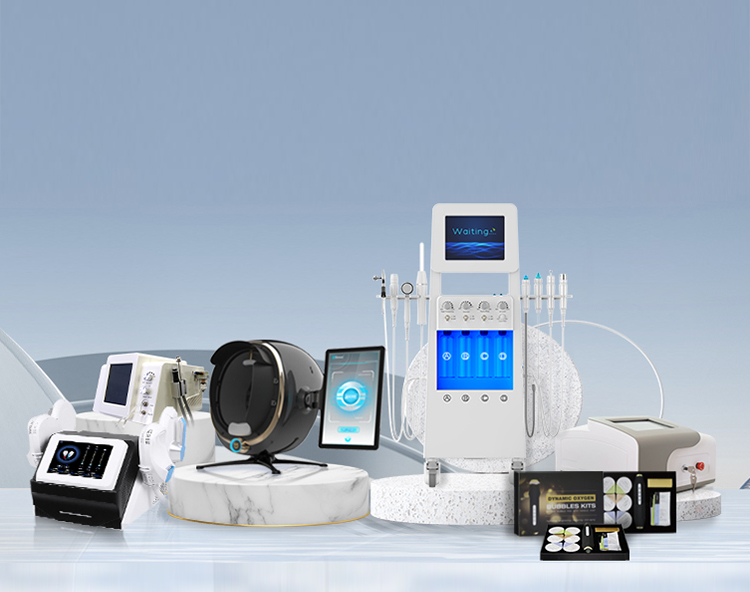Is Hifu Safe For Face?
HIFU (High-Intensity Focused Ultrasound) is generally considered safe for the face when performed by a qualified and experienced professional using FDA-cleared or approved devices. However, safety depends on several critical factors:
Key Safety Considerations:
-
Practitioner Expertise:
The operator's skill is crucial. Incorrect settings or poor technique can cause burns, nerve damage, or uneven results. Choose a board-certified dermatologist or licensed aesthetician with specific HIFU training. -
Device Quality:
Ensure the clinic uses FDA-cleared devices (e.g., Ultherapy® for lifting brows/neck). Counterfeit or unregulated machines pose significant risks. -
Skin Type & Condition:
HIFU is safest for Fitzpatrick skin types I–III. Those with darker skin (types IV–VI) have a higher risk of hyperpigmentation or burns. Avoid if you have:-
Active acne, rashes, or infections
-
Metal implants or fillers in the treatment area
-
Severe skin laxity (HIFU may be insufficient).
-
-
Treatment Areas:
Avoid bony areas (like the temples or jawline edges) where ultrasound energy can concentrate and damage nerves or tissues. The forehead also carries a higher risk of nerve injury.
Potential Side Effects:
-
Common & Temporary:
Redness, swelling, tenderness (resolves in hours/days). -
Rare but Serious:
Burns, blisters, prolonged numbness, scarring, or uneven fat loss (if energy penetrates too deeply).
Who Should Avoid HIFU?
-
Pregnant or breastfeeding women
-
People with open wounds or active skin infections
-
Those with pacemakers or electrical implants
-
Individuals with a history of keloid scarring
Minimizing Risks:
-
Consultation First: Discuss your medical history, skin type, and goals. Ask about the practitioner’s experience and device certifications.
-
Patch Test: Request a small test area to assess skin reaction.
-
Aftercare: Follow post-treatment instructions (e.g., sun avoidance, gentle skincare).
The Bottom Line:
HIFU is low-risk when performed correctly and has fewer complications than surgical facelifts. Most studies show high patient satisfaction with minimal downtime. Always prioritize choosing a reputable provider over cost. If done improperly, risks increase significantly.
For personalized advice, consult a dermatologist to evaluate if HIFU suits your skin concerns and anatomy.


-400x400.jpg)
-400x400.jpg)
-400x400.jpg)
-400x400.jpg)
-400x400.jpg)
-400x400.jpg)
-400x400.jpg)